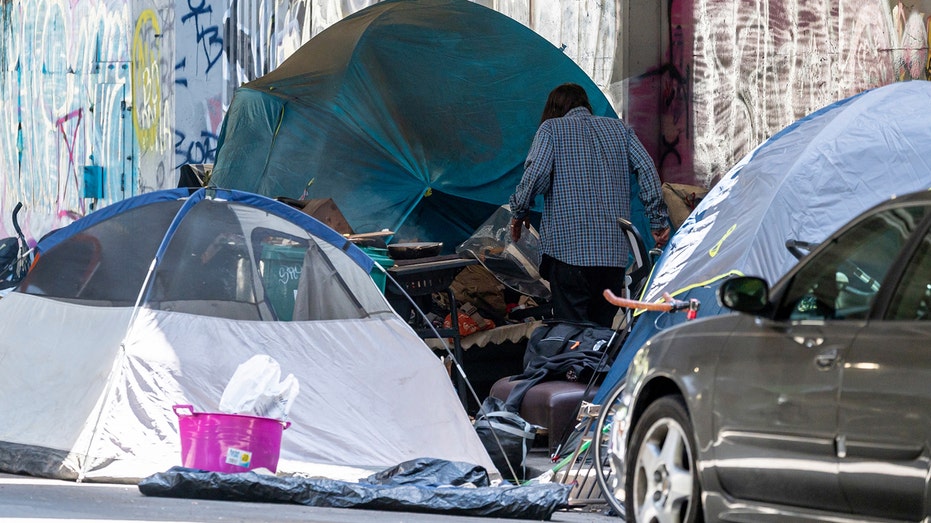A controversial new law in Florida has officially taken effect, banning homeless people from sleeping in public outdoor spaces. The legislation, which has sparked significant debate, aims to address the state’s growing homelessness issue by discouraging people from using public spaces as makeshift homes.
The law stipulates that individuals found sleeping in public outdoor areas, including parks, sidewalks, and beaches, can be subjected to fines, citations, and potentially even arrest. Proponents of the law argue that it is necessary to maintain public order and cleanliness, as well as to ensure the safety of all residents and visitors.
Supporters also contend that the legislation could encourage homeless individuals to seek help at shelters or utilize social services designed to assist them. “This law is about creating a safer and cleaner community for everyone,” said one local official. “We are not trying to criminalize homelessness but rather to encourage those in need to seek help from the numerous resources available.”
However, critics of the law argue that it unjustly punishes vulnerable populations and fails to address the underlying causes of homelessness. Many believe that instead of penalizing homeless individuals for sleeping in public spaces, the state should focus on improving and expanding access to affordable housing and mental health services.
“Criminalizing homelessness is not a solution,” said a representative from a local advocacy group. “We need to address the root causes – lack of affordable housing, mental health issues, and economic instability. This law does nothing to solve these problems and only makes life harder for those already struggling.”
In response to these concerns, some cities within Florida are exploring alternative approaches. For example, several urban areas are looking into expanding affordable housing initiatives and increasing funding for mental health services. Some communities are also developing initiatives to create more temporary shelters and provide additional support services to help homeless individuals transition off the streets.
As the law goes into effect, its impact remains to be seen. Advocates on both sides of the debate agree that the homelessness crisis in Florida is a complex issue that requires a multifaceted approach. Local governments, non-profits, and community organizations are expected to play a key role in the implementation and enforcement of the new legislation, as well as in offering support to those affected by it.
While the intent behind the law is to improve public safety and cleanliness, it undeniably highlights the pressing need for comprehensive solutions to the broader issue of homelessness. The state of Florida will likely continue to grapple with the challenges of addressing this critical social issue in the months and years to come.
































